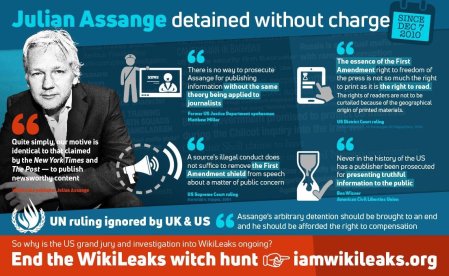Thomas Frank is one of my favorite writers. I like his books. I like his magazine articles. I enjoy watching videos of his speeches and interviews. But there is one thing he doesn’t quite get.
His basic idea is that the Democratic Party is losing because it has abandoned the American working class and the policies of Franklin D. Roosevelt’s New Deal. The leaves them vulnerable to the fake populism of Donald Trump and the right wing of the Republican Party.
Democrats rely on African-Americans, Hispanics and educated professionals of all races reacting against President Trump’s appeal to prejudice against African-Americans and immigrants.
That’s not enough, Frank writes. Democrats need to stand up for working people of all races—provide free college tuition and Medicare for all, enforce the anti-trust laws and renegotiate NAFTA and other pro-corporate trade treaties.
All this is true and important.
Frank’s mistake is to think that the reason top Democrats are pro-corporate is that they fail to understand their situation.
Shortly after the 36th minute in the video above. he says that the reason the Clintons and their allies have abandoned American labor is that the signature achievement of their generation was to their successful revolt against the New Deal, and nobody will disavow their generation’s signature achievement.
If they really don’t understand, it is because, as Upton Sinclair once put it, “it is hard to make a man understand something when his salary depends on his not understanding it.”
The wealth and power of the Clintons, like that of the Obamas, is based on their allegiance to Wall Street and the corporate elite. If they had advocated breaking up the “too big to fail” banks or prosecuting financial fraud, they wouldn’t get six-figure lecture fees from bankers and hedge fund managers.
On a lower levels of government, there is the revolving door between Congress and regulatory agencies on the one hand and Washington lobbyists, law firms and regulated industries on the others. Neil Barofsky, whose job was oversight of the TARP bailout program, was warned that if he did his job too zealously, he would lose the chance of a good post-government job. He’s not the only one.
The Democratic Congressional Campaign Committee supports a whole ecology of fund-raisers, pollsters, media specialists and campaign consultants who depend on a system whereby candidates concentrate on raising money and spending it on designated funds.
So it’s not just a matter of waking up to what’s really going on. It’s a matter of people knowing which side their bread is buttered on. Or, as the Japanese might say, nobody willingly lets their rice bowl be broken.



















